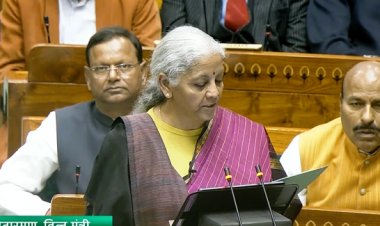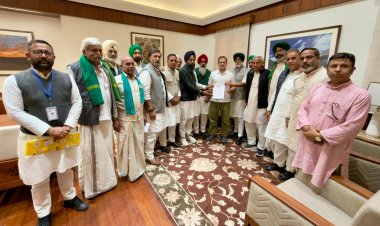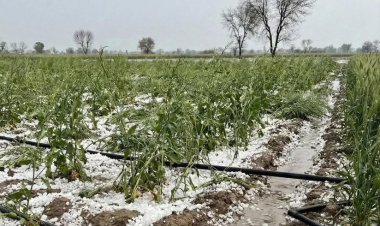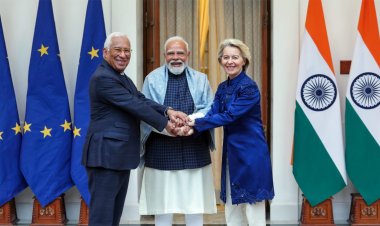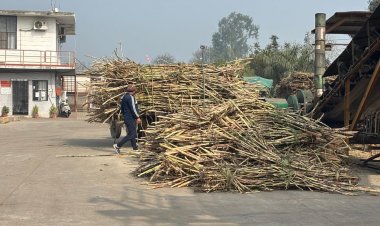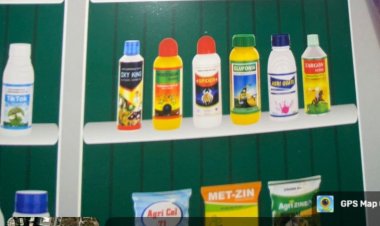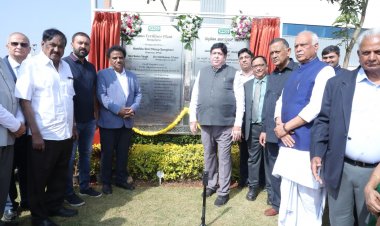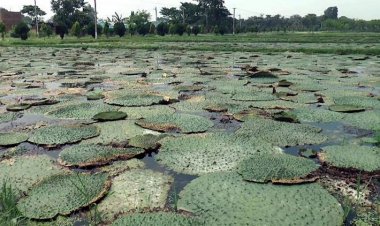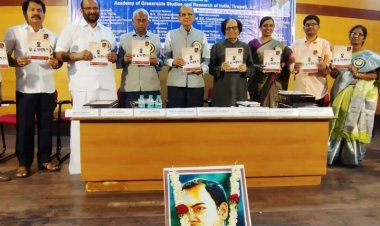New trend in wheat procurement; many farmers don’t turn up at public procurement centres despite registration
Farmers would until recently be worried about selling their produce at public procurement centres. Besides, a lot of arrangement has to be made at the procurement centres. But the scenario has changed this year. In Uttarakhand, for instance, 1,050 farmers had registered to sell wheat, but only one farmer turned up at the public procurement centre and sold 3.2 tonnes of wheat.
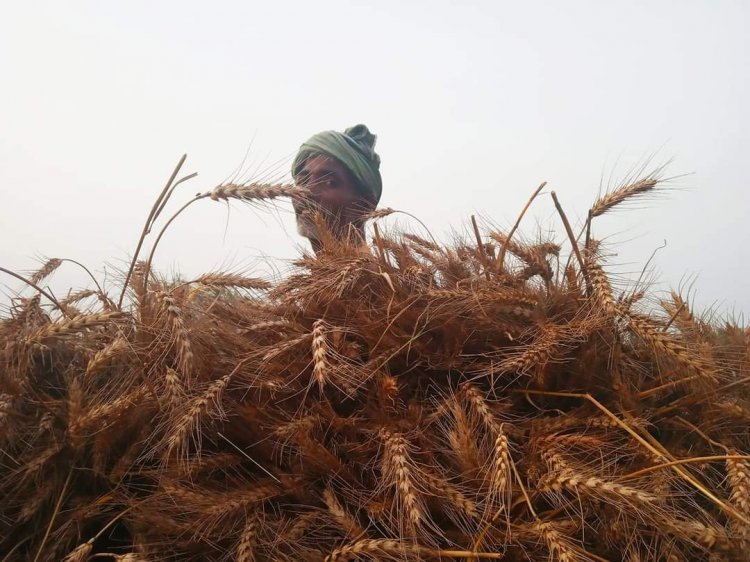
One can see a new trend in wheat procurement this season. Farmers had registered in large numbers for public procurement in several states for the Rabi Marketing Season (RMS) 2022-23, but they failed to turn up at the public procurement centres to sell their produce.
Farmers would until recently be worried about selling their produce at public procurement centres. Besides, a lot of arrangement has to be made at the procurement centres. But the scenario has changed this year. In Uttarakhand, for instance, 1,050 farmers had registered to sell wheat, but only one farmer turned up at the public procurement centre and sold 3.2 tonnes of wheat.
If we take a look at the figures available on the Central Food Grains Procurement Portal (CFPP) of the Central Government’s Department of Food and Public Distribution, the situation is similar in several other states. For instance, 11,463 farmers registered in Gujarat but only three of them turned up at the public procurement centre. Similarly, of the 12,430 farmers who registered in Rajasthan, only 85 turned up while a mere 58 farmers reached the procurement centres in Jammu and Kashmir out of the 9,239 registered. A total of 2,744 farmers had registered in Himachal Pradesh, but only 976 of them reached the public procurement centres.
However, in Punjab and Madhya Pradesh (MP), the states with the highest procurement so far, more farmers reached the public procurement centres than those registered. While a total of 4.20 lakh farmers had registered in Punjab, 7.39 lakh farmers have sold their produce at the public procurement centres so far. Similarly, 5.18 lakh farmers turned up in MP while 5.03 lakh had registered. This indicates that wheat is being procured from whoever is coming with their produce to the mandis in these states. The registration system had been started to prevent those coming from other states to sell their produce and round-tripping. But the figures from Punjab and MP reveal that farmers without registration are also selling their produce.
As for Haryana, the third-largest public procurer, 4.19 lakh farmers had registered while 3.05 lakh turned up.
However, if we consider the total registered farmers in nine states and the sum of the farmers who turned up at the public procurement centres in all these states, there does not seem to be much of a gap. While 16.99 lakh farmers had registered to sell wheat in 230 districts of these nine states, 16.19 lakh turned up. A total of 178.18 lakh tonnes of wheat has been procured. But the state-wise figures are startling.
Wheat production has declined this time, especially in the northern states, due to an unusual rise in temperature in March and April. Secondly, the export demand is substantial due to the demand for wheat in the international market. This is fetching the farmers better prices for their produce outside the public procurement centres. There are reports of exporters buying more wheat from Rajasthan and Gujarat.
---
Only one farmer turned up in Uttarakhand, three in Gujarat
|
State |
Registered farmers |
Beneficiary farmers |
|
Punjab |
4.20 lakh |
7.39 lakh |
|
Madhya Pradesh |
5.03 lakh |
5.18 lakh |
|
Haryana |
4.19 lakh |
3.05 lakh |
|
Uttar Pradesh |
3.20 lakh |
54,728 |
|
Rajasthan |
12,430 |
85 |
|
Gujarat |
11,463 |
3 |
|
Jammu & Kashmir |
9,239 |
58 |
|
Himachal Pradesh |
2,744 |
976 |
|
Uttarakhand |
1,050 |
1 |



 Join the RuralVoice whatsapp group
Join the RuralVoice whatsapp group


















